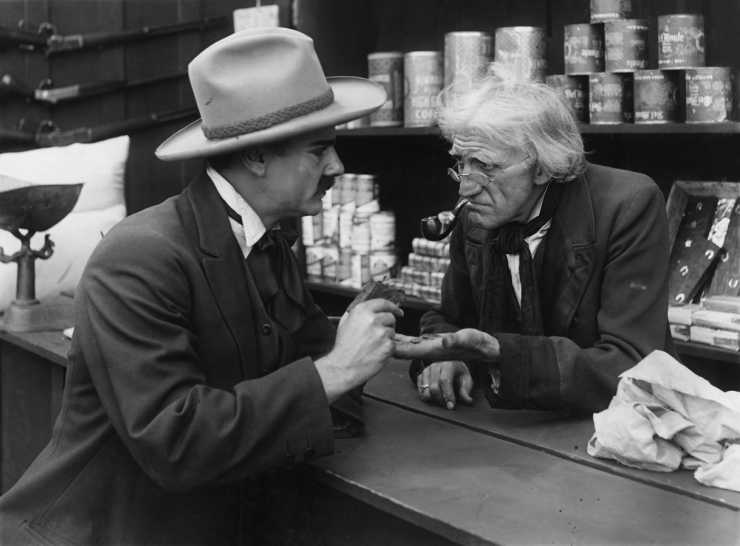In the Robin Report, Jasmine Glasheen brings attention to the “Wild West” nature of influencer, and now de-influencer, marketing on social media, where oftentimes personalities are being paid to either recommend or disparage a product without telling the audience about the remuneration. Glasheen writes:
Have you been seeing the phrase “late capitalism” pop up a lot lately? The term was originally attributed to German economist Werner Sombart referring to economic, political, and social deprivations associated with the aftermath of the first world war. The way we see it used in 2023, late capitalism has come to refer to an absurdist level of consumerism. And it’s in this environment of late capitalism, surrounded by $2,050 Balenciaga plush snake neck noodles and celebrities that openly mainline diabetes medication for weight loss, that the de-influencer movement came to power.
The de-influencer movement is a hybrid of the next-gen desire for accessible celebrities and the social element of online product reviews. Let’s take a look at how de-influencers came to be, the issues they shed light on, and how retailers can benefit from it without risking consumer trust. Let’s dive right in.
She continues later:
“De-influencer” is now also being used to describe influencers openly disparaging specific high-priced items on social media. The trend was started by everyday folks encouraging other everyday folks to consume less. Whether it was mocking specific off-the-rails fashion trends –– there are many to choose from these days –– or showing off low-priced alternative to trending items, de-influencers had an anti-consumerist aim. While there are plenty of authentic de-influencers trying to help their followers better their lives through more strategic purchasing, there are also a bevy of faux de-influencers, hiding the sponsored nature of their posts for financial profit and social accolades.
Later she writes:
Influencer marketing is maturing, and de-influencing seems like a new movement to make social media more beneficial to the people it serves… at least at first glance. Here’s the issue: Faux de-influencers tell customers not to buy certain products, only to recommend cheaper –– often sponsored –– alternatives. There are also concerns that faux de-influencers are being used to help certain brands achieve market domination, by taking down competitors’ inventory. Since the FTC is nowhere near being able to identify and penalize every unlabeled sponsored post, de-influencing is still the Wild West of retail marketing. And as always, it will take frontline consumers a few years to catch up with this practice.
Consider that 61 percent of consumers trust influencer recommendations –– particularly those of compulsively transparent micro-influencers who come across as “real people.” Now imagine how much consumer wallet share will be thrown at products advertised with faux transparency and faux “non-biased” reviews by faux de-influencers before the FTC catches up with the trend.
It’s not all the de-influencers’ fault, either. They need followers to drive lucrative collaborations, but they need sponsors to pay them for the work they do. Phys.org calls this phenomenon “role conflict:” when an influencer’s followers expect them to post transparent, unbiased recommendations, but brands expect the influencers they hire to portray their products in a positive light. Make no mistake, brands are already paying de-influencers to trash their competitors without disclosing their affiliation. Yes, this is unethical. And yes, it happens every day.
Read more here.
If you’re willing to fight for Main Street America, click here to sign up for the Richardcyoung.com free weekly email.





